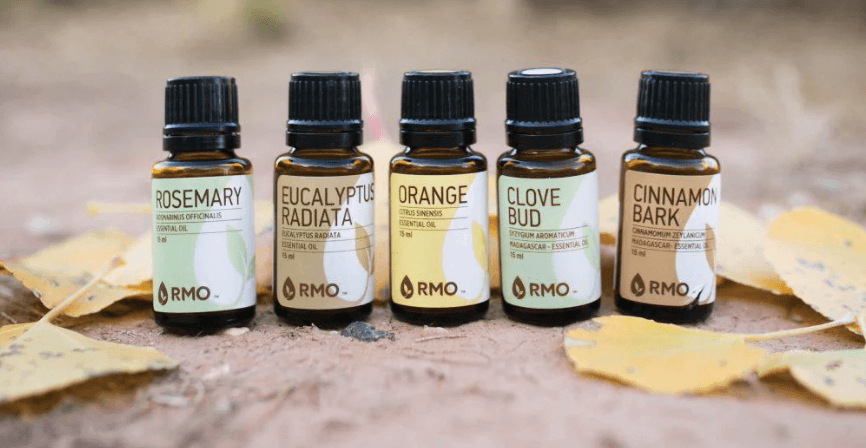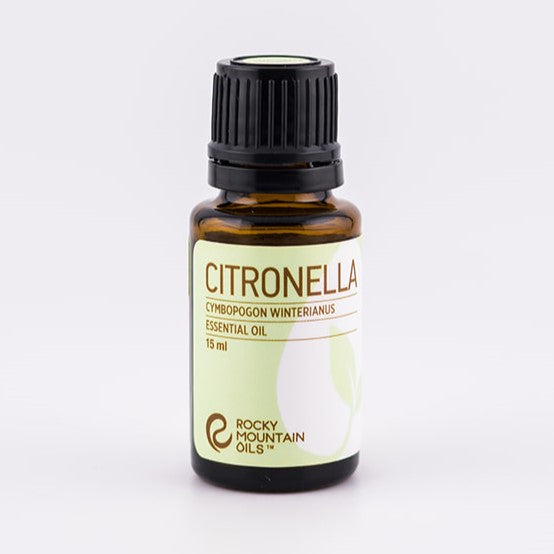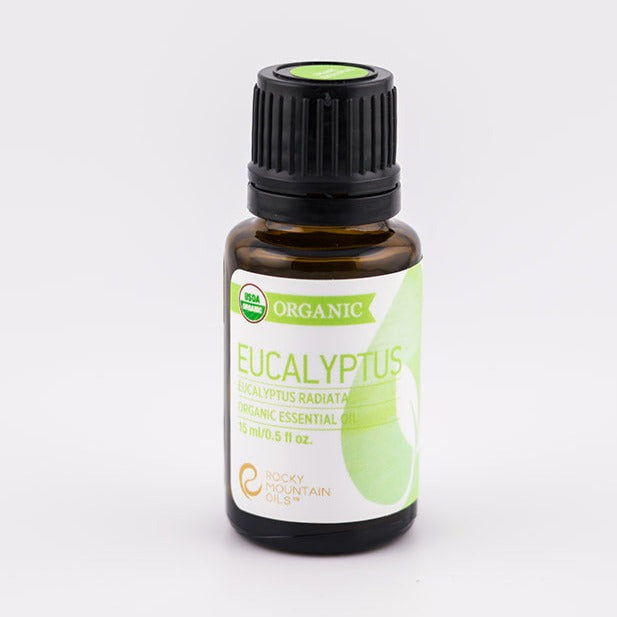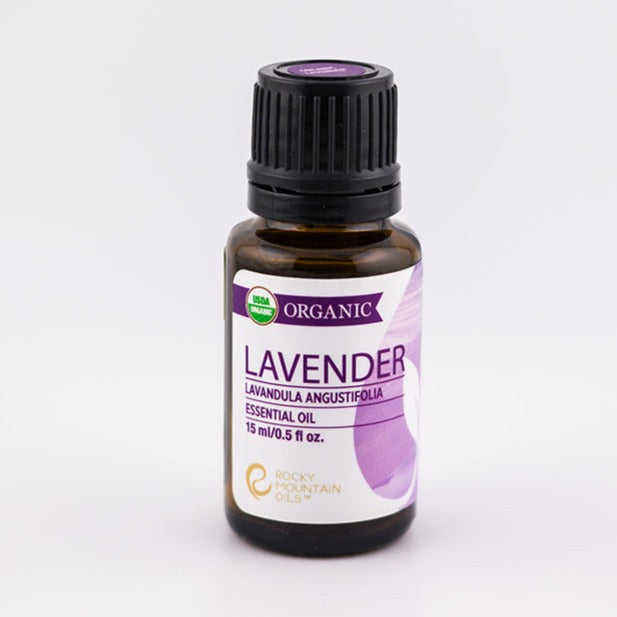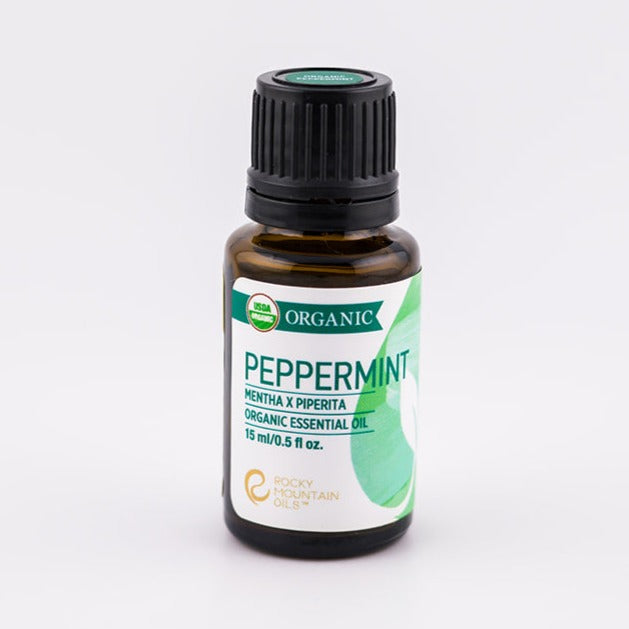What Essential Oil Repels Fleas? Discover the Top Natural Solution for Flea Defense
Unlocking the Power of Nature: What Essential Oil Repels Fleas?
Introduction to Natural Flea Repellents
Fleas are more than just a nuisance. They can harbor disease and make your furry friends miserable. The quest for a natural, safe, and effective flea repellent often leads pet owners and homemakers to explore the world of essential oils. But what makes these aromatic extracts so potent against such persistent pests?
In this comprehensive guide, we'll delve deep into the essential oils that testify to nature's ingenuity in repelling fleas. You'll learn not only which essences are your best allies but also how to wield them with care and wisdom.

What Essential Oil Repels Fleas
Citronella: Nature’s Flea Deterrent
Citronella is not just for warding off mosquitoes. This lemony fresh essential oil is also a robust flea repellant. Its distinct scent disrupts the sensitive olfactory nerves of fleas, effectively keeping them at bay. When appropriately applied, citronella can be a centerpiece in your flea-repellant arsenal.
Eucalyptus: The Minty Armor Against Fleas
The cooling sensation of eucalyptus is not just for your cold rubs—it's a veritable barrier against fleas. Eucalyptus oil's components have been studied for their insecticidal properties, making them a valuable addition to your natural flea control routine. Whether diffused, diluted, or dabbed onto strategic areas, eucalyptus oil could help safeguard your pets and home.
Lavender: The Floral Shield
The soothing scent of lavender may be a balm for the nerves, but it's unsettling for fleas. This oil is gentle enough for use around both pets and children when diluted correctly, and it offers a two-fold benefit: a serene environment and a flea-free zone.
Peppermint: Cool and Effective
Peppermint oil serves a crucial role in a pet-friendly flea prevention plan. Beyond its association with festive holiday scents, its powerful aroma acts as a highly effective flea repellent. Furthermore, it can disrupt the life cycle of these pests, making it an essential component of your natural pest control arsenal. However, given the sensitivity of pets' noses, it's important to consider how to incorporate peppermint oil safely into your flea prevention strategy.
Lemongrass: Tropical Flea Repellent
Lemongrass has a reputation for being a top-tier insect repellent. This essential oil can serve as a flea deterrent while providing a refreshing, clean scent throughout your home. Integrating lemongrass into your flea control regimen can be simple and effective.
How to Use Essential Oils Safely for Flea Control
Dilution Guidelines
Essential oils are potent, and their efficacy comes with a responsibility to dilute them appropriately. The right carrier oil can make all the distinctions in creating a safe and effective flea repellent. What are the best practices for cutting essential oils, and which carrier oils should you choose?
Application on Pets
Your pets are part of the family, and their well-being is paramount. When using essential oils for flea control, it's crucial to understand the safe application on pets. Balancing efficacy and safety in a pet-friendly flea-repellent regimen involves careful selection, proper dilution, regular monitoring, and consultation with a veterinarian to ensure the well-being of your pet.
Diffusing in Home
Diffusing essential oils can transform your living space into a no-flea zone, but it must be done with consideration for all household members. To ensure safe essential oil diffusion in your home, use high-quality oils, dilute them as needed, control diffusion settings, maintain proper ventilation, consider individual sensitivities and pet safety, and follow guidelines for children and storage.

Creating a Flea Repellent Regimen with Essential Oils
Daily Routine
Combining essential oils into your everyday routine can be a game-changer in flea prevention. But consistency is key. To establish an effective daily regimen for keeping fleas away from your pets and home, regularly groom your pets, maintain a clean environment, use flea preventatives as recommended by your vet, and consider natural remedies while staying consistent in your efforts.
Integrating into Pet Care
Integrating essential oils into your pet care routine requires an understanding of each pet's individual needs and sensitivities. Whether you're dealing with a laid-back labrador or a finicky feline, the approach may differ. Essential oil usage for each pet is tailored by consulting a veterinarian, diluting oils, closely observing their reactions, using appropriate application methods, considering individual preferences and sensitivities, monitoring their well-being, storing oils securely, and maintaining regular veterinary check-ups.
Essential Oil Safety for Various Household Pets
Canine Considerations
Dogs are man's best friend, and their health is a top priority. When using essential oils around canines, there are specific considerations to remember. To safely use essential oils for flea control on dogs, dilute oils like lavender, cedarwood, peppermint, and eucalyptus, avoid direct skin contact, monitor for adverse reactions, and consult your veterinarian for guidance.
Feline Sensitivities
Cats are susceptible to essential oils, and some oils can be toxic to them. Understanding which essential oils are safe for cats and how to use them properly is crucial for any pet owner looking to use natural flea repellents.
Small Animals and Essential Oils
Small animals, like rabbits and guinea pigs, can also be affected by essential oils. To prevent adverse effects when using essential oils around smaller pets, dilute oils, consult a veterinarian, avoid toxic oils, apply oils sparingly, observe for reactions, store oils securely, and educate yourself about your pet's specific needs and sensitivities.

DIY Essential Oil Flea Repellent Recipes
Sprays
Create your own cost-effective and personalized flea-repellent spray using essential oils like lavender, cedarwood, or peppermint by mixing them with distilled water and white vinegar, and use this spray on your pet and their living areas to naturally prevent fleas.
Home Remedies
Several home remedies for flea control incorporate essential oils. We'll explore some of these remedies, discussing their preparation and application.
Remedy 1: Essential Oil Flea Collar or Bandana
Preparation:
For this remedy, you'll need a fabric collar or bandana and essential oils like cedarwood, eucalyptus, or rosemary. Here's how to prepare it:
- Apply a few drops of your chosen essential oil onto the fabric collar or bandana. 1-2 drops per inch of the collar should suffice.
- Ensure that the essential oil is evenly distributed across the fabric.
- Allow the collar or bandana to dry before placing it around your pet's neck.
Application:
The essential oil-infused collar or bandana acts as a natural flea repellent. Here's how to use it:
- Attach the treated collar or bandana securely around your pet's neck.
- The scent of the essential oils will help deter fleas from the neck and head area.
- Replace or reapply the essential oil as needed to maintain its effectiveness.
These DIY remedies can provide a pet-friendly and natural way to combat fleas while prioritizing your pet's health and comfort. However, constantly monitor your pet for any adverse reactions and consult with a veterinarian if you have specific concerns.
Remedy 2: Homemade Essential Oil Flea Shampoo
Preparation:
To make a homemade essential oil flea shampoo for your pet, gather the following ingredients:
- A mild pet shampoo (preferably one without harsh chemicals)
- Essential oils with flea-repelling properties (such as lavender, cedarwood, eucalyptus, or tea tree oil)
- A mixing bowl
- A spoon or whisk
Here's how to prepare it:
- Pour the desired amount of pet shampoo into a mixing bowl. The amount will depend on the size of your pet and how much shampoo you typically use during a bath.
- Add 5-10 drops of your chosen flea-repelling essential oil(s) into the mixing bowl.
- Use a spoon or whisk to blend the essential oil into the shampoo thoroughly. Ensure even distribution.
Application:
When it's time to bathe your pet, use this homemade flea shampoo as follows:
- Wet your pet's fur thoroughly with lukewarm water.
- Apply the homemade flea shampoo to your pet's wet fur, starting from the neck and working your way down to the tail.
- Massage the shampoo into a lather, ensuring it reaches all areas of your pet's body. Pay special attention to flea-prone regions like the neck, back, and base of the tail.
- Allow the shampoo to sit for a few minutes to maximize its flea-repelling effect.
- Rinse your pet thoroughly with clean, lukewarm water, ensuring all shampoo residue is removed.
- Towel dry your pet and brush their fur to remove any remaining fleas or debris.
This homemade essential oil flea shampoo provides a natural and pet-friendly way to cleanse your pet while helping to repel fleas. As always, be attentive to your pet's well-being, and discontinue use if any adverse reactions occur. Consult with your veterinarian if you have specific concerns or if your pet has a known sensitivity to essential oils.
What essential oils get rid of fleas?
Several essential oils are known for their flea-repelling properties, including lavender, cedarwood, peppermint, eucalyptus, and lemongrass oil. These oils can be diluted with a carrier oil, such as coconut or jojoba oil, and applied to your pet's collar, bedding, or bandana.
However, it's crucial to consult with a veterinarian before using essential oils on your pets, as some animals may be sensitive or have adverse reactions to certain oils. Additionally, regular flea prevention methods and maintaining a clean living environment are essential for effective flea control.
What are the best scents to get rid of fleas?
The best scents to get rid of fleas include lavender, cedarwood, eucalyptus, and peppermint. These fragrances are known to repel fleas due to their strong odor, which can interfere with the fleas' ability to detect and latch onto their hosts.
You can use these scents in the form of essential oils, sachets, or pet-safe sprays to help deter fleas from infesting your home and pets. Additionally, keeping a clean and well-maintained environment is essential in preventing and managing flea infestations.

Do fleas hate the smell of lavender?
Yes, fleas are known to dislike the smell of lavender. Lavender essential oil is often used as a natural and non-toxic repellent for fleas and other insects due to its strong fragrance. Placing lavender sachets, using lavender-infused pet products, or diluting lavender essential oil with water and applying it to pets' fur or bedding can help deter fleas. While it may not eliminate a flea infestation entirely, it can be a helpful component of a holistic approach to flea control.
Is there a scent that repels fleas?
Yes, several scents are known to repel fleas. Some of the most effective natural flea repellents include essential oils such as lavender, cedarwood, peppermint, and eucalyptus. These scents can be used in various forms, such as diluted in water and sprayed on pet bedding or as a component in homemade flea-repellent solutions.
Additionally, keeping a clean and well-maintained living environment for your pets, including regular vacuuming and washing of bedding, can also help deter fleas.
FAQs about Essential Oils and Flea Repellence
Q1: How often should I apply essential oil-based flea repellents?
A1: The frequency of application can vary depending on the essential oil used and the environment. For homemade sprays or topical applications on pets, it's common to reapply every 2-3 days. However, always observe your pet for any adverse reactions and consult with a veterinarian for personalized advice.
Q2: Are there any essential oils that should never be used for flea control?
A2: Yes, some essential oils are toxic to pets, especially cats. For example, oils like tea tree, pennyroyal, and wintergreen should be avoided. Always research and consult a professional before using any essential oil for flea control.
Q3: Can I use essential oils on my kitten or puppy?
A3: Young animals have sensitive systems, and many essential oils can be too potent. Generally, it's advised not to use essential oils on puppies or kittens under a certain age (often recommended as under ten weeks old). Consult with your vet for age-appropriate flea control methods.
Q4: Can essential oils be used to treat a flea infestation?
A4: While essential oils can be part of a flea control regimen, they are typically not enough to eliminate an infestation. If you're dealing with an infestation, it's best to combine essential oils with other comprehensive environmental and pet treatment strategies.
Q5: How can I safely introduce essential oils into my pet’s environment?
A5: Start with small amounts of diluted essential oil and observe your pet's behavior and physical reactions. Introduce the scent slowly, and never apply essential oils directly to your pet's skin without proper dilution. Always provide an escape route so your pet can leave the area if they find the scent unpleasant.
Q6: Can I put essential oils directly on my pet's collar?
A6: It's not recommended to apply undiluted essential oils directly on your pet’s collar, as it can cause skin irritation or allergic reactions. Instead, use a pet-safe, diluted mixture or purchase a collar specifically designed to be infused with essential oils.
Conclusion: Embracing a Natural Approach to Flea Control
In summary, exploring the use of essential oils as a natural flea repellent is an enticing option for both pet owners and homemakers alike. By gaining a thorough understanding of what essential oil repels fleas and taking necessary precautions, you can establish a safe and enjoyable environment that discourages fleas while providing a warm and welcoming atmosphere for your family and pets.

